Grand Challenges: Global FEWture Alliance
Transformative Food-Energy-Water Solutions to Ensure Community Resilience in a Changing Climate
Grant Type: Institutional Grant
Topics: Climate Change; Food, Energy, and Water; Global Health; Sustainable Development
Colleges: SPHL, ARCH, AGNR, CMNS
News: Check out the Global FEWture Alliance team website for the latest news
UMD Research Links Communication With Farmers’ Support for Solar Power
September 19, 2025
AquaSafe: ‘Doing Good’ in Tanzania
March 27, 2025
In Tanzania, An On-the-Ground View of Farming Struggles, Ambitions
January 31, 2025
Global STEWARDS Program Announces 2025 Cohort
December 9, 2024
Global FEWture Alliance Hosts the Mbeya University of Science and Technology (MUST) Management Team for UMD Visit
Sept. 17, 2024
To Heal the Anacostia, Citizen Scientists Wade Into Troubled Waters
Sept. 9, 2024
Safeguarding Our Salads From the Roots Up
August 29, 2024
Students Deliver Global FEWture Alliance Summer Internship Presentations
August 14, 2024
President Pines meets Farmer Chippy and Dr. Rachel Rosenberg Goldstein in the AgriHood
May 1, 2024
Murray Wins Grant for Global Public Health Classrooms Curriculum on Nexus of Food, Energy, and Water Systems
March 28, 2024
On Nepal Research Trip, Graduate Students Strive for Solutions for Food, Energy, Water
Jan. 26, 2024
Short Film: The Nepal FEWture Team on Climate and Diarrheal Disease
Nov. 20, 2023
UMD Researchers Help Hyattsville’s Food Forests Look to the ‘FEWture’
Sept. 22, 2023
New UMD Alliance to Develop Sustainable Solutions for Food, Energy, Water Systems
March 13, 2023
Check out the Global FEWture Alliance team website for the latest events
June 2026
Third Annual Global FEWture Alliance Symposium
Nepal
For more information, visit: https://globalfewture.umd.edu/events/annual-symposium
Climate change, population growth, and urbanization are crippling global food, energy, and water (FEW) systems and harming public health, with low-income communities and people of color bearing the heaviest burdens. There are 1.3 billion people worldwide who are food insecure, 2 billion people who lack access to safe drinking water, and 770 million people who lack access to electricity. These challenges will only grow worse over the next 30 years. By 2050, global food production will need to increase by 70%, 5 billion people will live in water-scarce areas, causing global water demand to increase by 55%, and global energy demand will increase by 50%.
To date, solutions addressing these pervasive challenges have often been siloed and inequitable. Initiatives tend to focus on food production, access to water or access to energy technologies, but often fail to take into consideration all three vital resources along with the required capacity building and educational programs necessary to sustain interventions.
The Global FEWture Alliance—a UMD-based international alliance—is scaling technology-based solutions, community-driven capacity building, and experiential education focused at the food-energy-water-climate-health nexus. Through this holistic, interdisciplinary, systems-based approach, the Global FEWture Alliance will alleviate food and water insecurity, protect environmental and global public health, and bolster community resilience in a changing climate.
This integrated, multi-sectoral approach will result in solutions, from local to global scales, that address at least 13 of the 17 United Nations Sustainable Development Goals. The Global FEWture Alliance is advancing all four commitments of the University of Maryland's Strategic Plan: taking on humanity’s grand challenges, investing in people and communities, partnering to advance the common good, and reimagining learning.
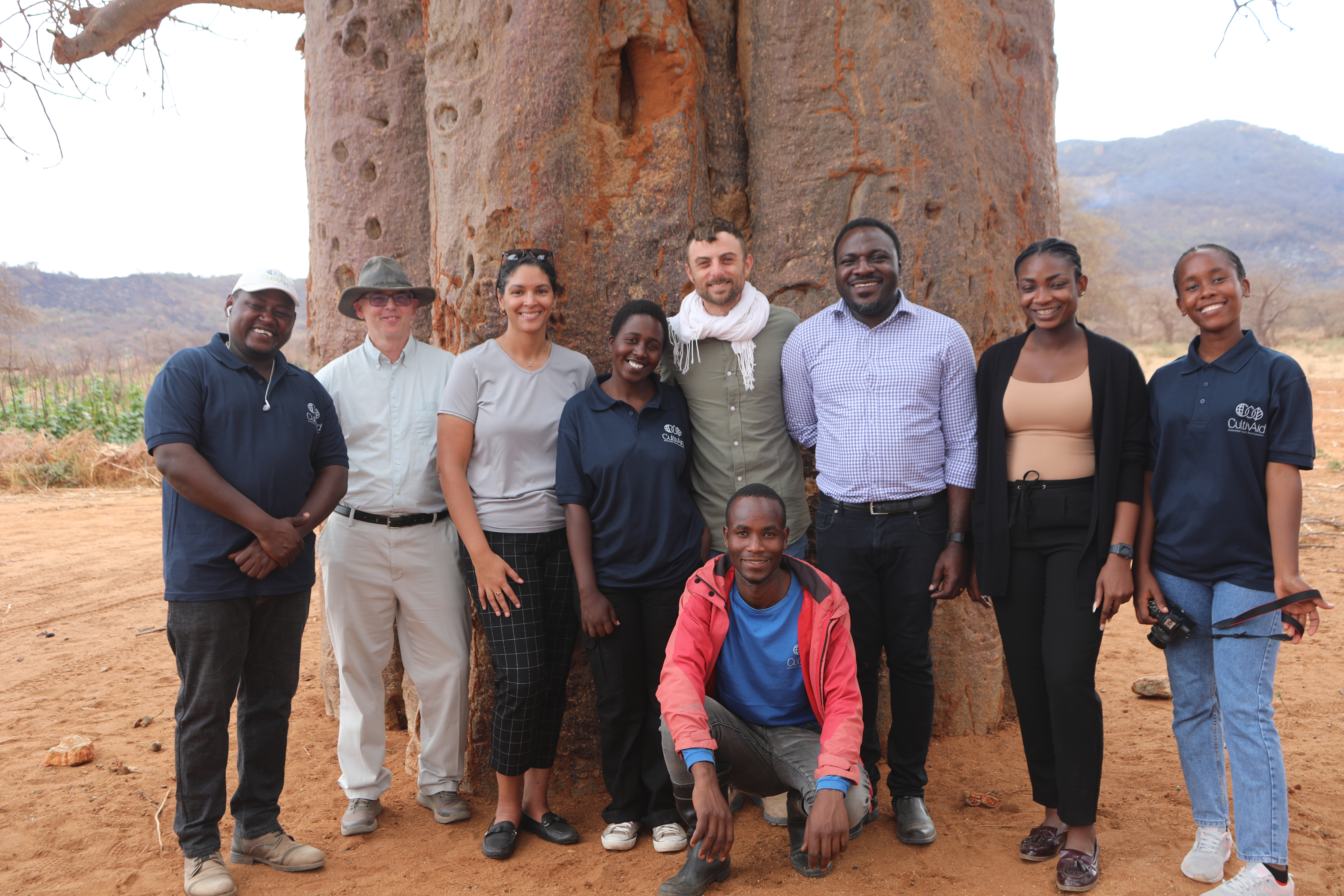
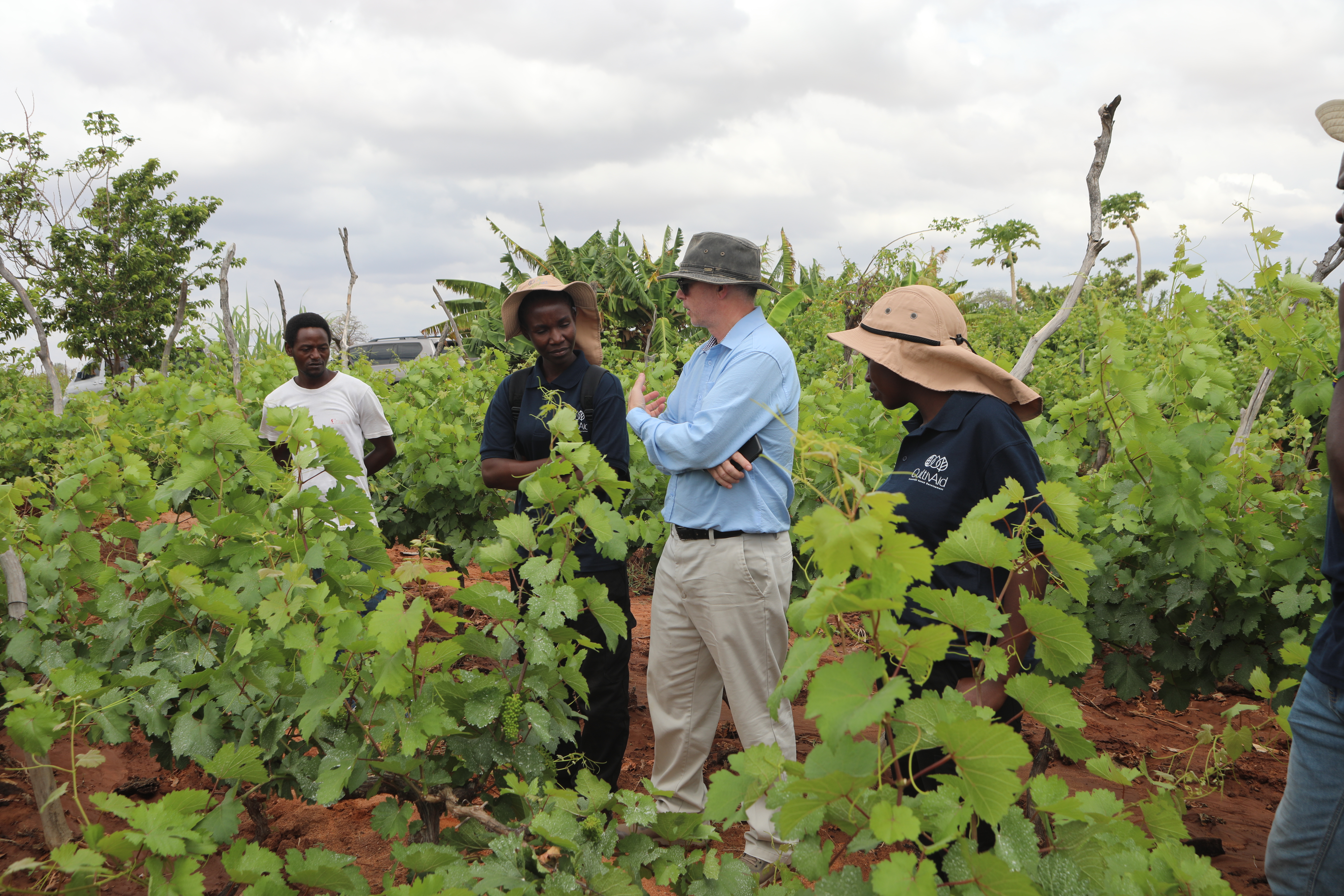
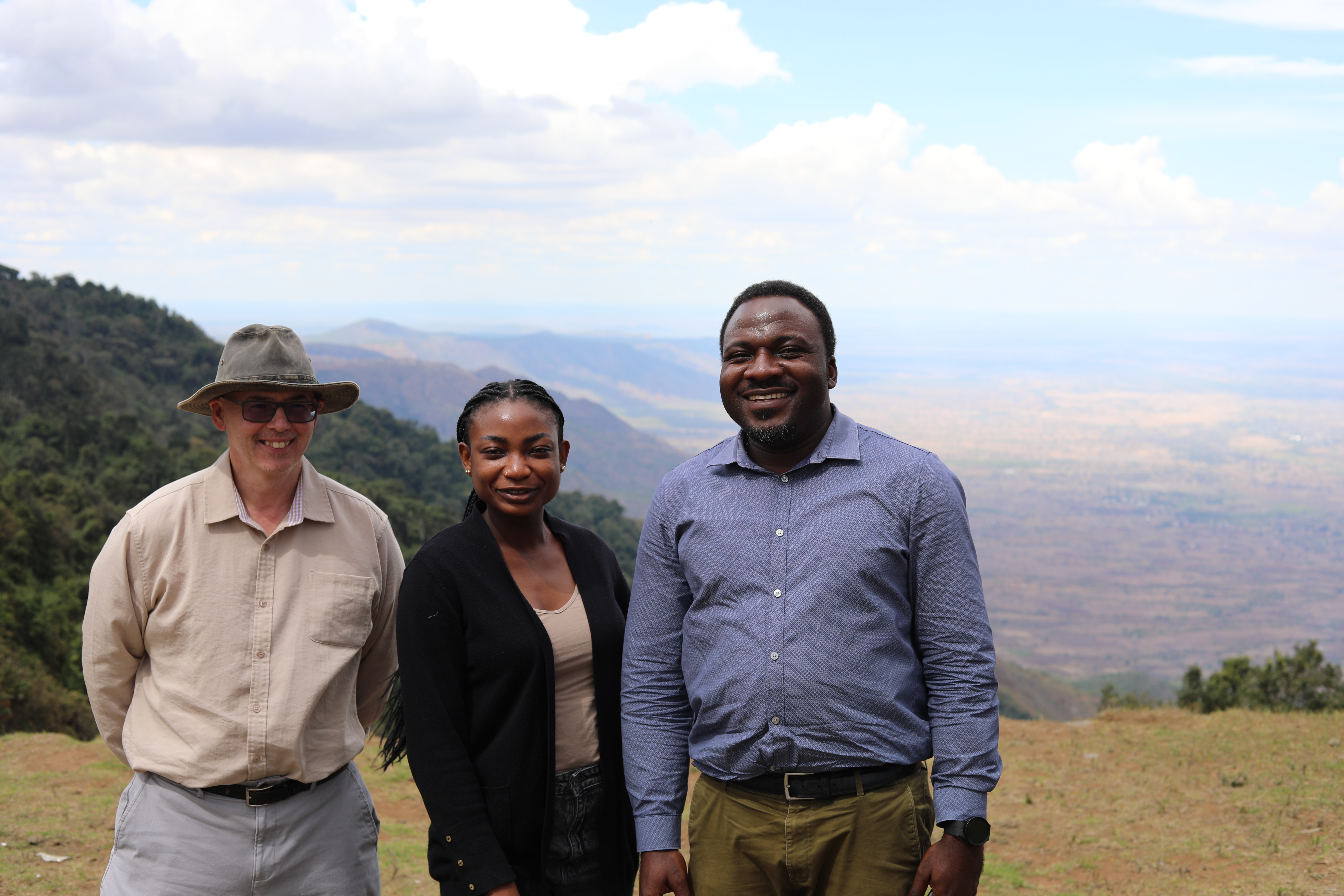
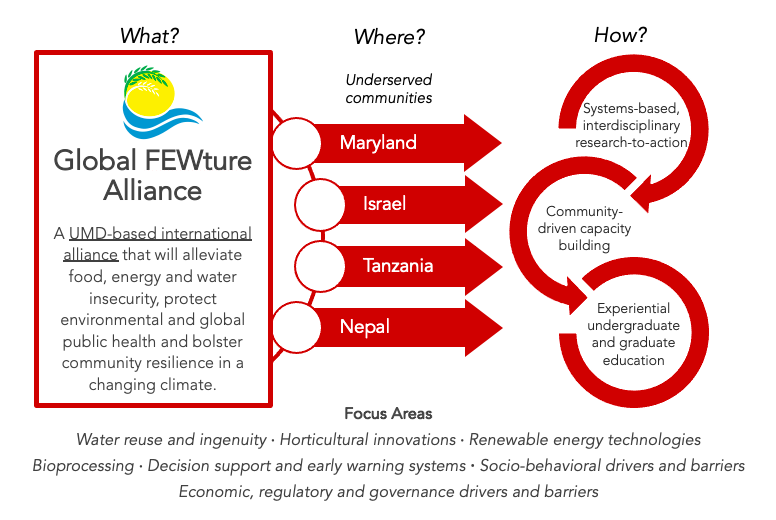
Team Members:
 PI: Amy Sapkota (SPHL), MPower Professor, Environmental Health; Chair, Department of Global, Environmental, and Occupational Health; Director, CONSERVE Center of Excellence; and Director of the UMD Global STEWARDS NSF NRT |
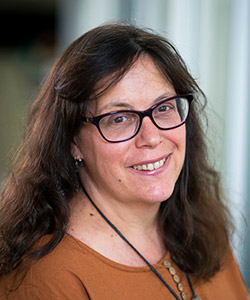 Dina Borzekowski (SPHL), Research Professor, Behavioral and Community Health Director, Global Health Initiative |
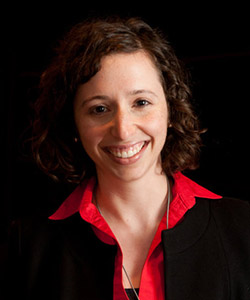 Rachel Rosenberg Goldstein (SPHL), Assistant Professor, Department of Global, Environmental, and Occupational Health |
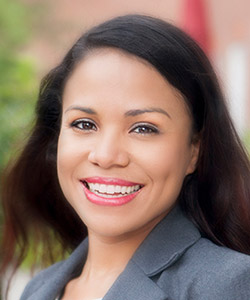 Rianna Murray (SPHL), Assistant Research Professor and Graduate Director, Department of Global, Environmental, and Occupational Health |
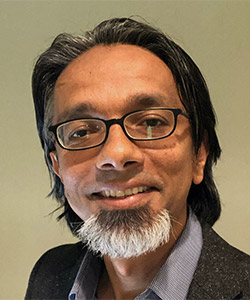 Amir Sapkota (SPHL), Professor and Chair, Epidemiology and Biostatistics |
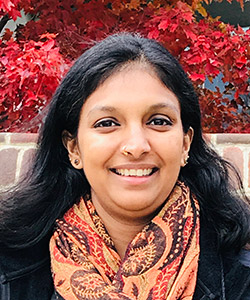 Leena Malayil (SPHL), Assistant Research Professor, Department of Global, Environmental, and Occupational Health |
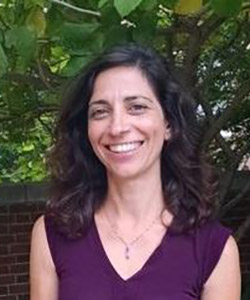 Shirley Micallef (AGNR), Associate Professor, Food Safety, Plant Science and Landscape Architecture |
 Stephanie Lansing (AGNR), Professor, Environmental Science and Technology |
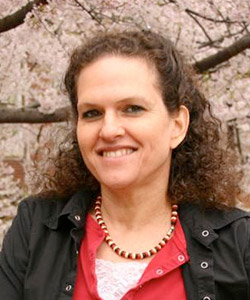 Gili Marbach-Ad (CMNS), Director, CMNS Teaching & Learning Center, Research Professor |
 Xin-Zhong Liang (CMNS), Professor, Atmospheric and Oceanic Science |
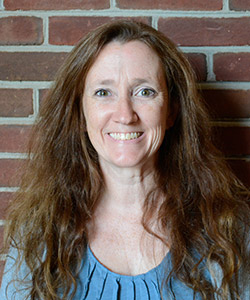 Jennifer Cotting (ARCH), Director, Environmental Finance Center, School of Architecture, Planning, and Preservation |
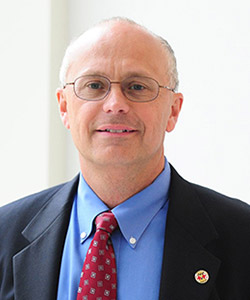 Allen Davis (ENGR), Professor, Civil and Environmental Engineering |
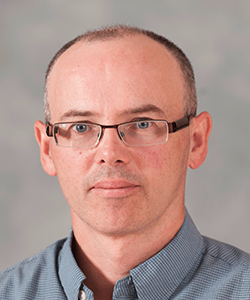 Paul Turner (SPHL), Associate Professor, Department of Global, Environmental, and Occupational Health |
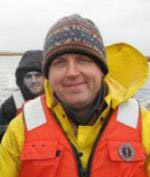 Brian Needleman (AGNR), Associate Professor, Environmental Science and Technology |
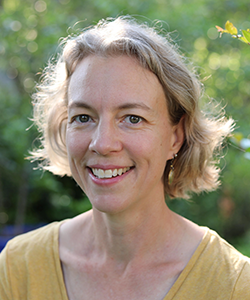 Heidi Scott (SPHL/ARHU), Communications Director, and Associate Clinical Professor |
 Catherine Nakalembe (BSOS), Assistant Professor, Department of Geographical Sciences |
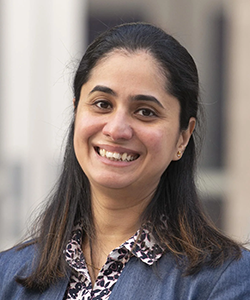 Suhana Chattopadhyay (SPHL), Program Manager and Post-doctoral Associate |
 Taiwo Alawode (SPHL), Ph.D Student, Department of Global, Environmental, and Occupational Health |
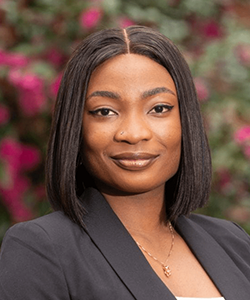 Ibiyinka Amokeodo (SPHL), Ph.D Student, Department of Global, Environmental, and Occupational Health |
Partners:
 Yael Mishael, Associate Professor and Director, Center for Sustainability, Hebrew University of Jerusalem |
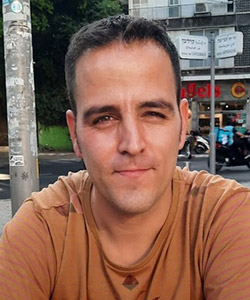 Tomer Malchi, Executive Director and Co-Founder, CultivAid |
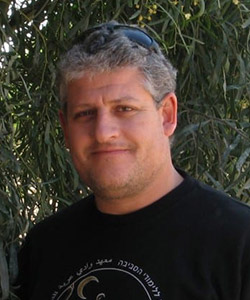 Clive Lipchin, Director of the Center for Transboundary Water Management, Arava Institute |
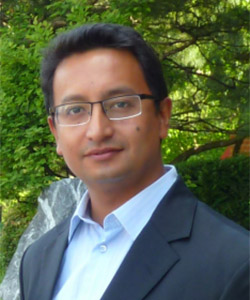 Biraj Karmacharya, Director, Public Health / Community Programs / Global Engagement, Kathmandu University, Dhulikhel Hospital |
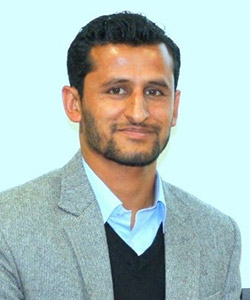 Shree Krishna Dhital, Executive Director, Sanskriti Farms & Research Center |
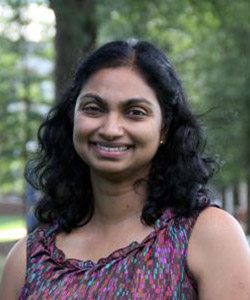 Thurka Sangaramoorthy, Professor, American University and Addis Ababa University |
 Bim Shrestha, Professor, Kathmandu University and Affiliate Professor, University of Washington |
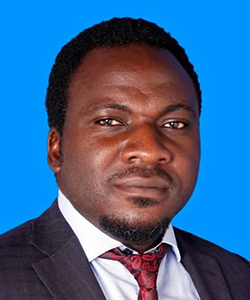 Eliezer Mwakalapa, Acting Principal, Lecturer, Researcher, Mbeya University of Science and Technology |
 Ruby Maka Shrestha, Research Project Lead for Health System, Policy, and Environmental Health, Dhulikhel Hospital, Kathmandu University Hospital |

